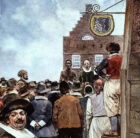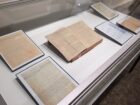In recent years, a growing awareness of injustice and calls for reform have led to a racial reckoning, with businesses, corporations, nonprofit organizations and institutions across the country reassessing their own complicity with racism in its various forms.










